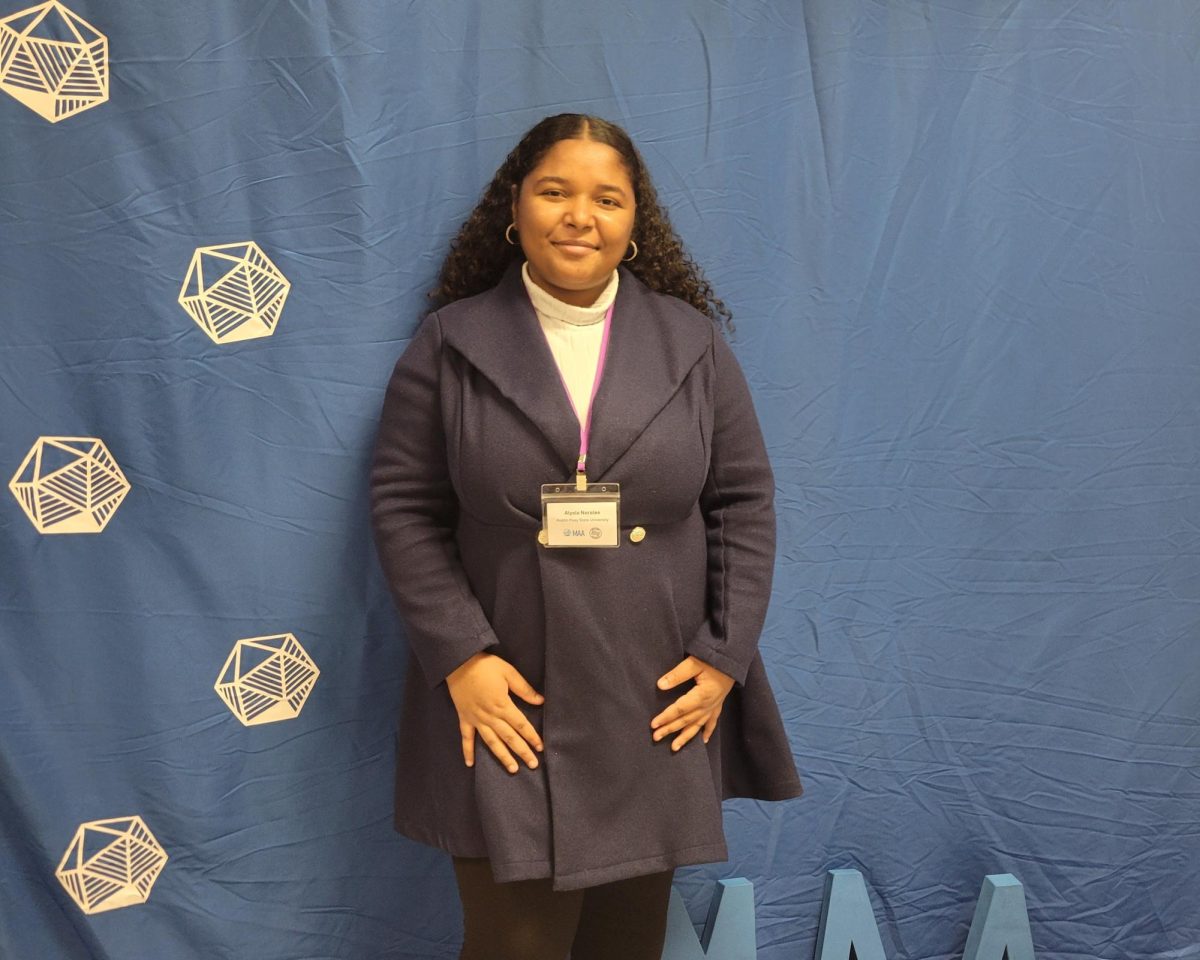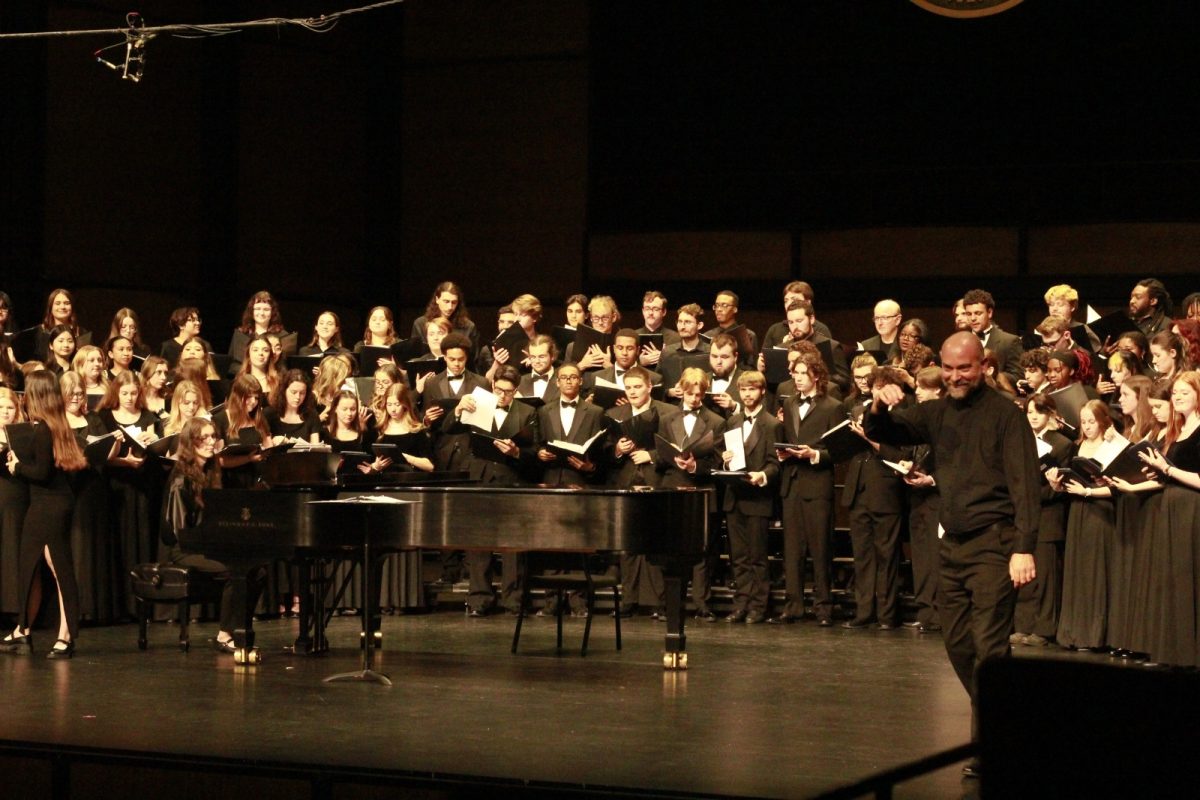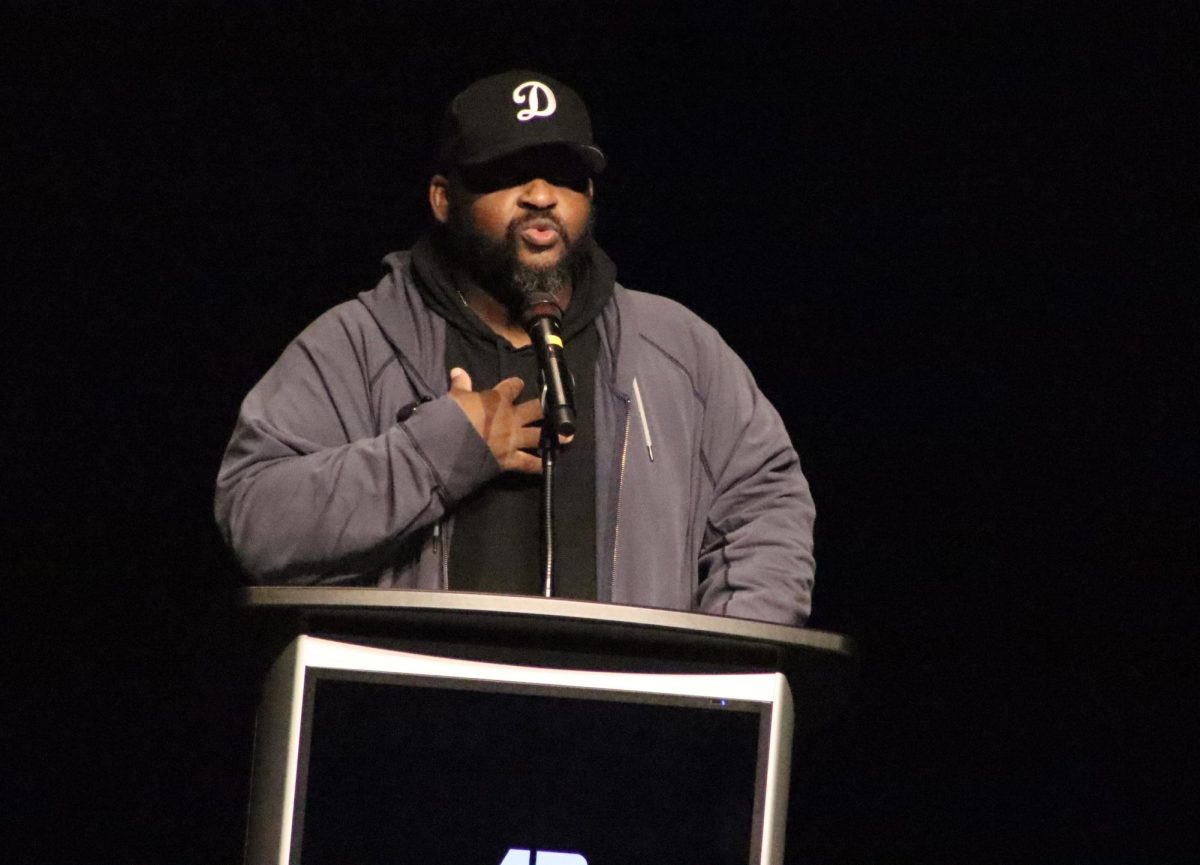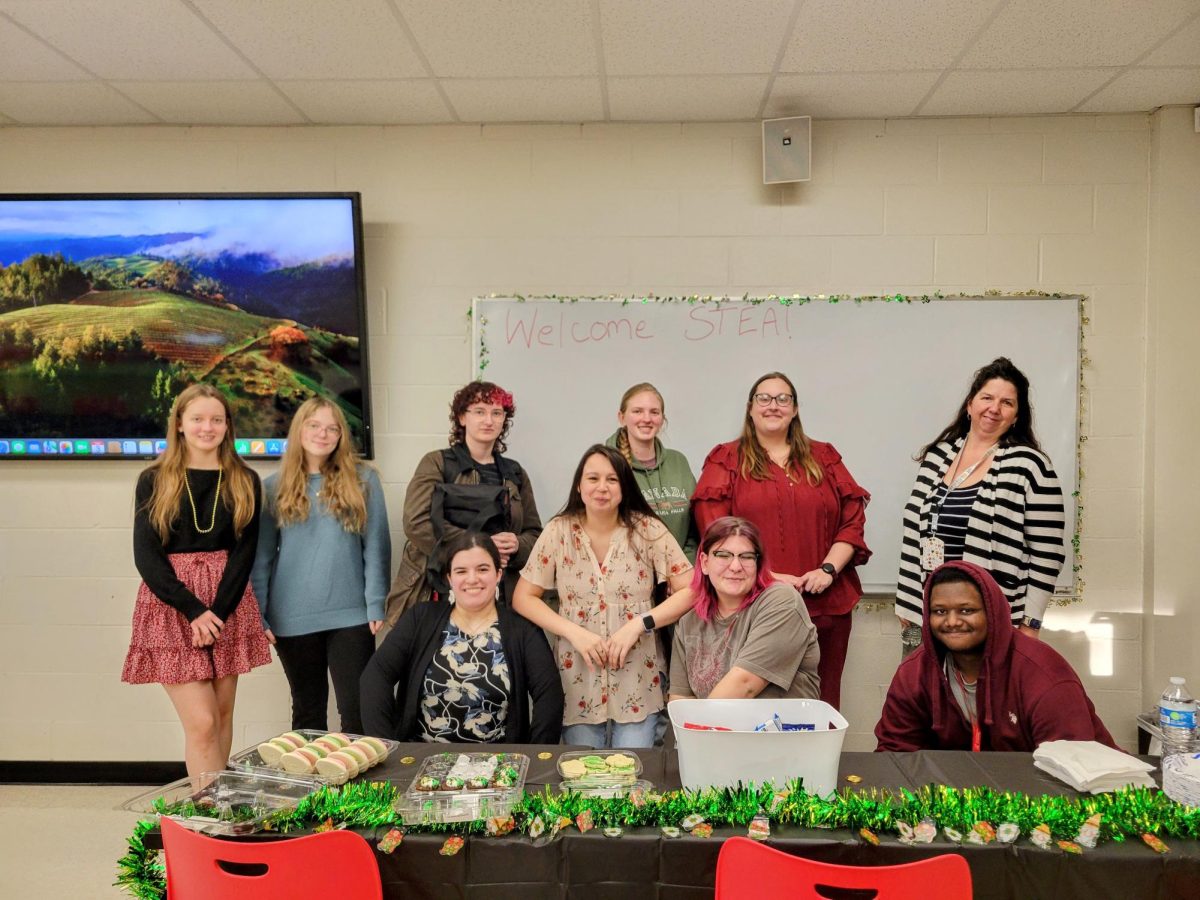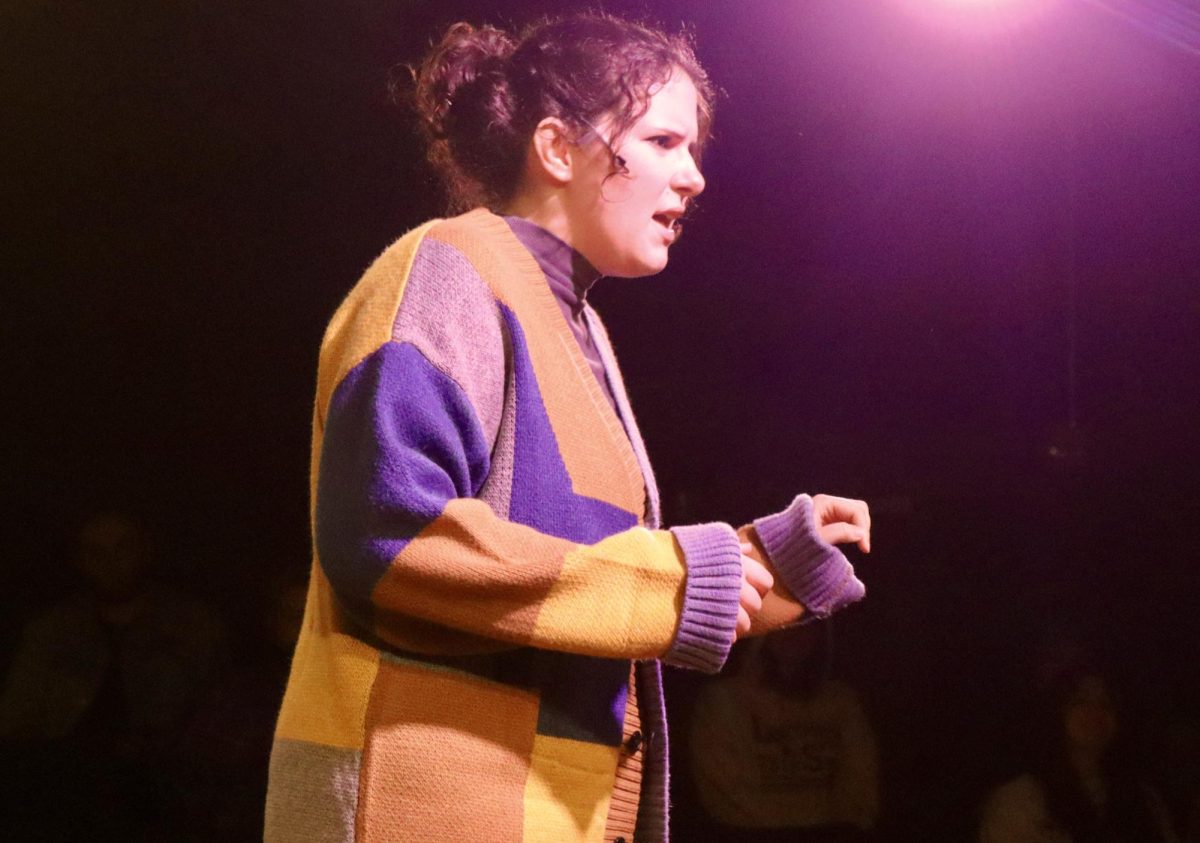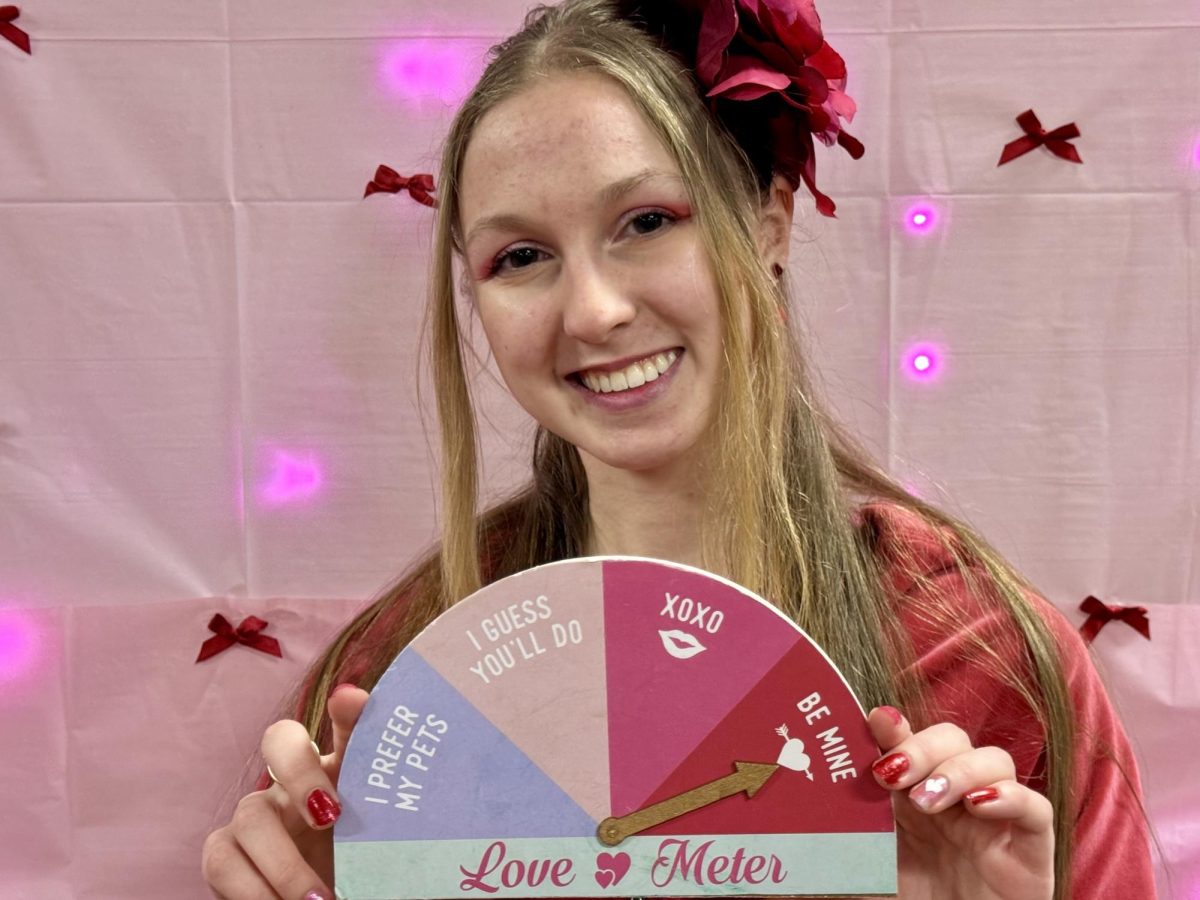I never imagined that my passion for computer science and mathematics would take me from Belize to an international stage, yet there I was, presenting my fraud detection model in front of some of the brightest minds in the field at the Mathematics Association of America’s South Eastern Conference.
Coming from a country with fewer than half a million people, where opportunities for women in STEM are limited, this moment was more than just an academic achievement. It was a statement.
In Belize, opportunities for women in STEM are scarce. A study from the Inter-American Development Bank showed that very few Belizean women majoring in STEM get the chance to work in their fields.
I believe that these barriers are in place because of men in leadership roles and positions who are less progressive and have stereotypical ideals about women. I remember at my previous job conversing with my male co-workers, who openly admitted to objecting to my hiring due to their belief that a woman would not be as hard-working as a man. It was a harsh truth to face, judged on gender rather than skill level. I was absolutely appalled and often wanted to speak up, but I knew they would only bring up yet another stereotype: “Women bring too much drama.”
So, I let my work speak for itself. I pushed myself harder than my peers, excelling beyond expectations, earning promotions and receiving recognition from other staff members. Yet, even then, I was micromanaged and held to a different standard as if they were waiting for the moment I would slip; this is the reality of being a woman in STEM: working twice as hard, achieving just as much, yet still having to prove your worth. But I refused to let this break me.
Determined to break past these barriers, I decided to pursue a graduate degree in Computer Science and Quantitative Methods, with a concentration in Predictive Analytics at Austin Peay State University. I immersed myself in learning, built strong relationships with my professors and continuously expanded my knowledge through independent coursework. My efforts paid off. I was selected to present at the Mathematical Association of America’s Southeastern Conference (MAASE) held from Feb. 27th to May 1 in North Carolina at High Point University, an opportunity that reaffirmed everything I had fought for.
Standing before an audience at the MAASE, I wasn’t just presenting my research; I was representing Belize. I felt the weight of being one of the few, if not the only, Belizean women in STEM in that room. But instead of fear, I felt pride. I was proof that where you come from does not define where you can go.
This journey is more significant than me. It’s about the young girls in Belize who dream of careers in mathematics, computer science and engineering but don’t see themselves reflected in these fields. It’s about challenging the status quo and showing that women belong in STEM, not as exceptions, but as equals. If my presence at that conference inspires even one girl to pursue her passion, then every challenge I have faced was worth it.

